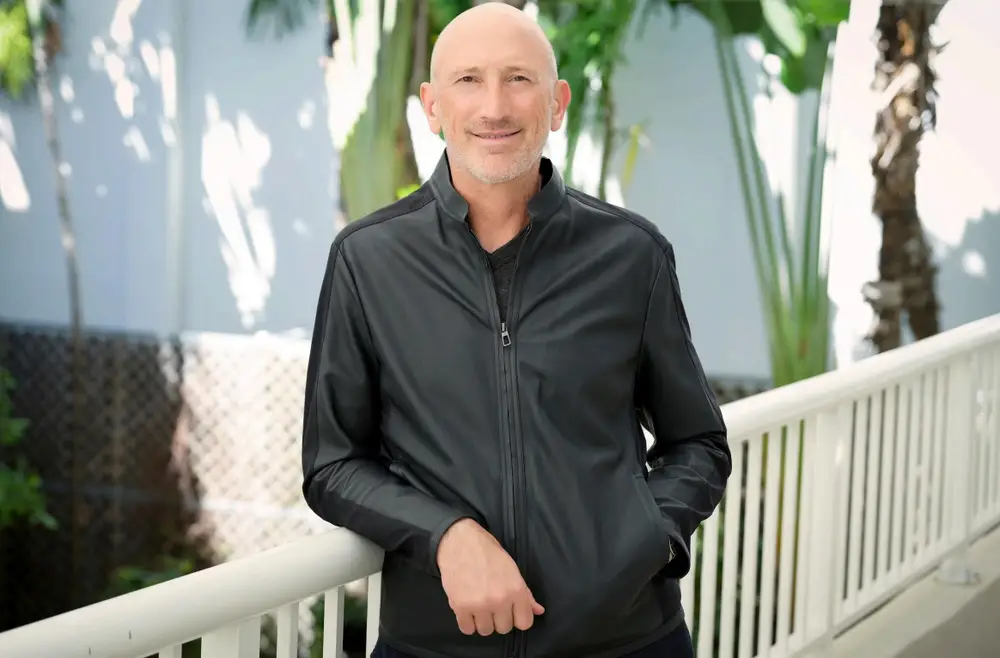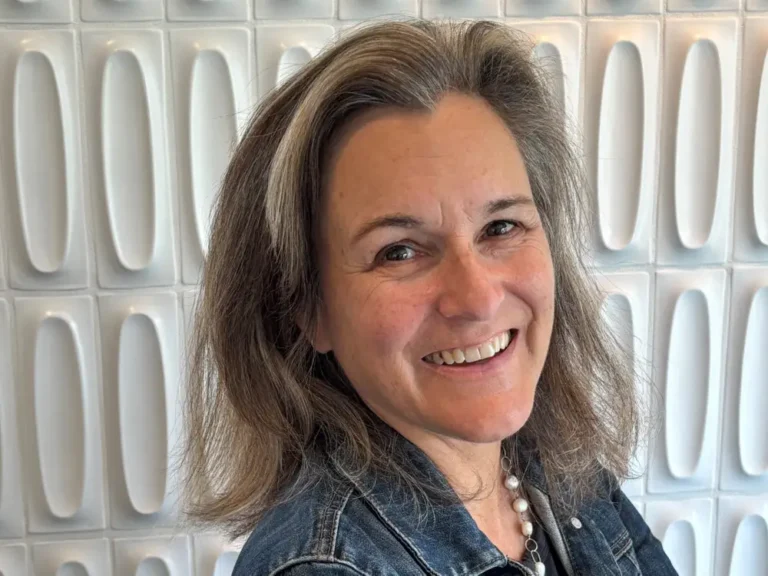I launched a ketamine startup but now feel obligated to speak out against the industry. Matthew Perry’s death should be a wake-up call.

Cappello left the ketamine telehealth industry in 2023.
I’m a serial entrepreneur who’s tried to focus on building companies that will improve people’s lives.
Coming out of COVID-19, my partner and I wanted to start a company to help combat the mental wellness crisis, which is how Nue Life was created.
While researching the mental health space, we realized psychedelics held enormous promise. As I analyzed the various substances and compounds, I noticed that ketamine was a quasi-psychedelic substance that was available and legal with a prescription. It’s a common anesthetic.
We launched Nue Life, a telehealth ketamine therapy service, in 2021 and facilitated thousands of ketamine experiences for our patients. We shipped ketamine lozenges to them in small doses and monitored their well-being with data.
As the industry matured, I began to feel like companies were putting profits over patients. I didn’t want to do the same to keep raising capital for Nue Life, and the company was acquired in 2023.
I’m now speaking out, urging the industry to enforce higher standards on who can prescribe ketamine and ensuring patients have been suitably assessed before being prescribed it.
I hope Matthew Perry’s death can be a wake-up call. We need to acknowledge bad behavior in the psychedelic medicine space. To remain silent about unethical practices is to jeopardize all the incredible progress made.
I wanted to support patients with their mental health but felt increasingly pressured to prioritize profit
The telehealth ketamine industry emerged after the COVID-19 pandemic made prescribing the drug remotely a possibility. Telehealth services provide patients with access to ketamine therapy from the comfort of their homes.
We co-founded Nue Life as a public benefits corporation and wanted to set a new ethical standard in a rapidly commercializing industry.
The goal was for patients to use the least amount of ketamine necessary to reset. We only shipped two or three ketamine experiences at a time, and if the person didn’t follow our protocols, they’d be suspended from the program. Patient check-ins were mandatory before any additional medication was shipped. This involved patients submitting screening questionnaires, which were thoroughly reviewed before scheduling their follow-up appointments.
Patients who were not a good fit for the program or who posed safety concerns were involuntarily discharged. If patients did not meet the necessary criteria, their cases were escalated to our medical directors and prescribers for further review and medical directors would make final calls.
In addition to ketamine, we offered meditation, yoga, and group therapy through our platform.
With our patients’ consent, we used data from their wearables, such as their Fitbit, Oura ring, and iPhone, to track their sleep and exercise.
Tracking data and focusing on holistic care separated Nue Life from other telehealth providers. Other companies might have offered similar elements, but I believe Nue Life was unique in its commitment to patient care.
The telehealth industry has shifted in recent years
When we launched Nue Life, I think patients were willing to pay a slight premium for our protocol.
But two and a half years later, I felt I couldn’t compete with companies offering more doses for less money.
We always knew there would be some tension between maintaining ethical patient care and meeting investors’ financial expectations. As low-cost providers flooded into the at-home ketamine space, it became very difficult to compete in a way that wasn’t solely focused on selling patients more ketamine.
We reached a stage with Nue Life where we needed to raise more capital to break even.
When I spoke to prospective new investors, they asked me about customer acquisition costs and the company’s lifetime value to customers. It felt like I was being asked what I was going to do to sell people more ketamine.
I realized I would need to start treating patients like customers to raise this capital, and I didn’t want to do that.
I decided not to raise additional funding, and the company was acquired by a larger company in October 2023. That decision was difficult. When I sold Nue Life, I thought I was doing the best thing for our patients.
It feels like the ketamine telehealth industry is in a race to the bottom
While at Nue Life, I witnessed through mystery shoppers how some providers prescribed ketamine without what I believed to be an adequate assessment of patient suitability.
Since leaving, people still working for ketamine providers have confided in me about slipping standards. They have shared stories about over-prescribing ketamine and a growing focus on providing ketamine over aftercare and follow-on support.
Government bodies are also issuing warnings. The FDA released a warning in October 2023 about the risks associated with compounded ketamine, including oral formulations. In January 2024, the DEA took legal action against St. Louis-area doctors for illegally administering ketamine.





